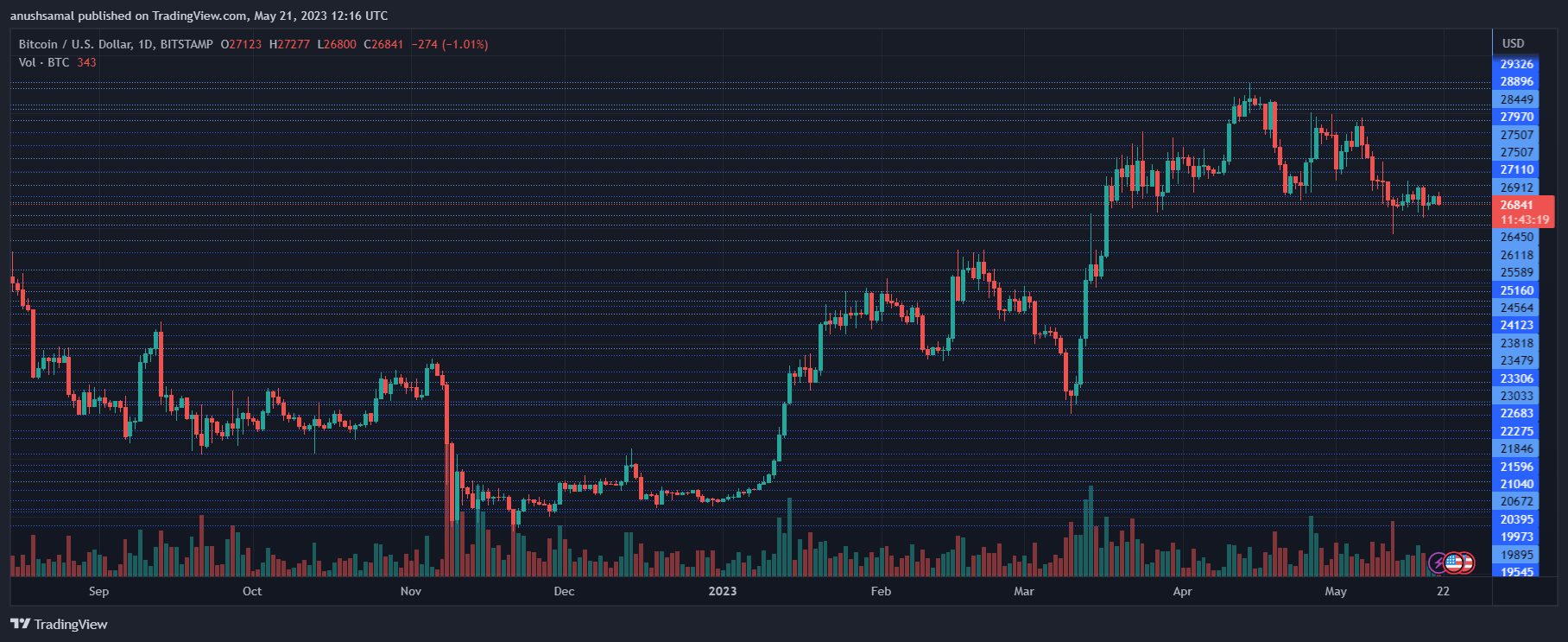Mordinals, usually referred to as Monero Ordinals, perform a technique to inscribe information alongside transactions saved on the Monero blockchain. This distinctive attribute permits clients to include further information contained in the Monero neighborhood, enhancing its capabilities previous straightforward transactional information storage.
The thought of Ordinals was launched to simplify the issuance of tokens and NFTs on the Bitcoin neighborhood. Over the earlier 30 days, Bitcoin ordinals have gained important recognition contained in the crypto sector.
Nonetheless, this newfound recognition has had a detrimental consequence, as a result of it has resulted in a noticeable improve inside the frequent transaction prices on the Bitcoin neighborhood. The introduction of the Ordinals concept on the Monero blockchain neighborhood acquired blended reactions.
Whereas a few individuals appreciated this new use case for the Monero coin, the overwhelming majority of Monero supporters expressed sturdy opposition, citing potential threats to client privateness.
Primarily based on a lot of these supporters, Ordinals symbolize a centralized concept.
Moreover, they voiced issues that if Ordinals have been to be carried out extensively on the Monero blockchain, it would pose a giant hazard to the privateness of people that rely on Monero’s anonymity choices to remain anonymous contained in the neighborhood.
Are Issues Raised Inside The Monero Group Justified?
Criticisms directed at Mordinals bear a dangling resemblance to those confronted by its Bitcoin counterpart, with an added emphasis on the potential implications for privateness choices. To safeguard client privateness, Monero transactions profit from “ring signatures” that blend a transaction with a bunch of decoy transactions.
Nonetheless, a potential menace arises if an attacker with sufficient sources have been to flood blocks with Mordinals. In such a scenario, it would become straightforward to inform aside official transactions from the dummy NFTs, posing an actual concern for the privateness of consumers.
The USA Inside Earnings Service (IRS) put forth a substantial reward in 2020 to incentivize efforts in monitoring Monero transactions, indicating a requirement for conducting such investigations. This reality highlights the existence of a market for specializing in Monero’s privateness choices.
Potential Repercussions On Decentralization
One different prevalent criticism surrounding Mordinals is its potential repercussions on decentralization. As block sizes develop, the storage requires positioned on nodes moreover improve. Consequently, smaller nodes is also disincentivized from remaining on-line on account of heightened helpful useful resource requirements.
Whereas it is doable to enhance the protocol to permit nodes to prune such transactions, you will want to ponder the implications.
Blockchain networks rely on consensus amongst nodes regarding the neighborhood’s state. Filtering out explicit blocks or transactions may presumably be interpreted as a kind of censorship, in all probability undermining the essential concepts of decentralization.
Monero, not like Bitcoin, has a dynamic block dimension, and the idea Mordinals may set off the blockchain to develop abnormally is a official concern domestically. Nonetheless, making an attempt at on-chain metrics, it doesn’t appear that blocks are rising wildly faster.
Moreover, whereas Mordinals’ impression on privateness shouldn’t be taken flippantly, some argue that the hazards could also be fixed by means of updates.

Featured Image From UnSplash, Charts From TradingView.com